
Keeping a fitness routine and eating “clean” as they say is often a primary focus for many people. Alternatively, the lack of commitment to a healthy lifestyle is often a big regret for many others.
While monastics may not focus a great deal of their attention on physical fitness, they exhibit a phenomenal commitment to keeping the fasts of the Church.
And here is where we find the ‘tip’ from the monastery: if you wish to be successful with portion control, clean eating and keeping an exercise routine first commit to fasting on Wednesdays and Fridays. Fasting is about learning discipline and self-control. It takes humility to fast. The grace we receive as a result assists us in establishing good habits, enables us to keep going, and strengthens our resolve to apply this same level of self-control to multiple facets of our life.
If you want to be successful in your commitment to health and fitness then commit to fasting according to the Church calendar. I promise you it will be the firm foundation you need to become and remain physically fit and healthy.
For a more compelling argument in favour of fasting read this wonderful excerpt from Elder Cleopa of Sihastria, p. 39. You needn’t follow this elder’s practice to the letter, but imitate him in at least doing what the Church requests of us (Luke 17:10).
The young novice, Constantine [later Elder Cleopas], recalled how the elder never ate anything on Wednesdays and Fridays until evening when the stars came. Fr. Galaction would make the sign of the cross, ask forgiveness of the brothers who were with him, take some antidoron and finally eat something light.
Brother Constantine once asked Fr. Galaction, “Fr. Galaction, the day is so long and you are elderly and weak. Wouldn’t it be better for you to dispense with such a severe rule and eat something earlier in the day?”
Once a saint was watching as someone was being carried to the grave for burial and he saw two beautiful angels, one walking directly in front of the coffin and the other following right behind it. The saint asked them, “Who are you?” One angel answered, “I am Wednesday” and the other said, “I am Friday. We are here according to the commandment of the Lord to help this soul because he always fasted on Wednesdays and Fridays in honour of the passion of Christ.
“Ever since Fr. Athanasius told me this story I have kept these two days as strict fast days so that St. Wednesday and St. Friday will both help me at the hour of my death.”

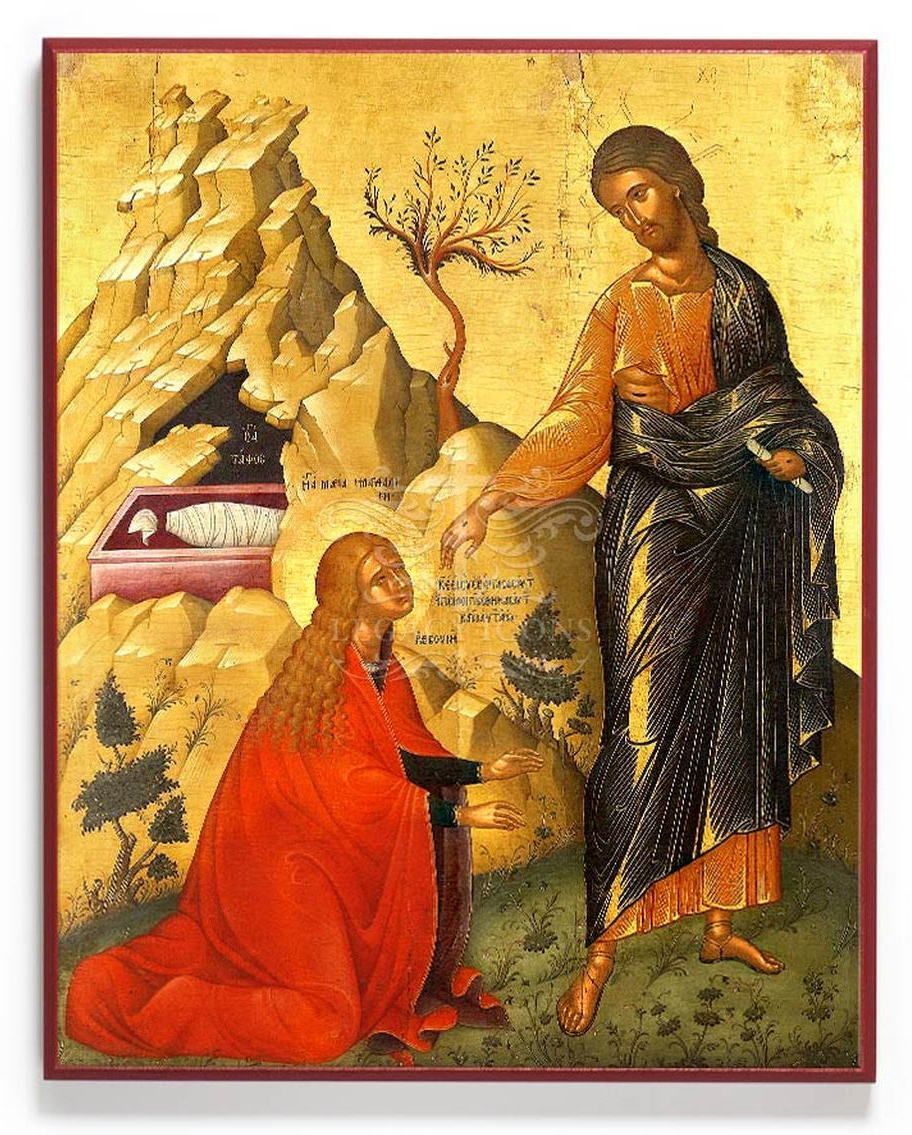



 SR. SARAH AND SR. THEKLA, having become novices around the same time, had a special bond. Not only did they share books and stories, work together, and were even tonsured together they had a unique pact. From the very beginning of their monastic lives they agreed they would never, under any circumstances, indicate to each other that they had gotten into an argument, were upset with, or had been offended by, a member of their monastic community. This decision to safeguard the bond of peace within the sisterhood was a very wise one.
SR. SARAH AND SR. THEKLA, having become novices around the same time, had a special bond. Not only did they share books and stories, work together, and were even tonsured together they had a unique pact. From the very beginning of their monastic lives they agreed they would never, under any circumstances, indicate to each other that they had gotten into an argument, were upset with, or had been offended by, a member of their monastic community. This decision to safeguard the bond of peace within the sisterhood was a very wise one.






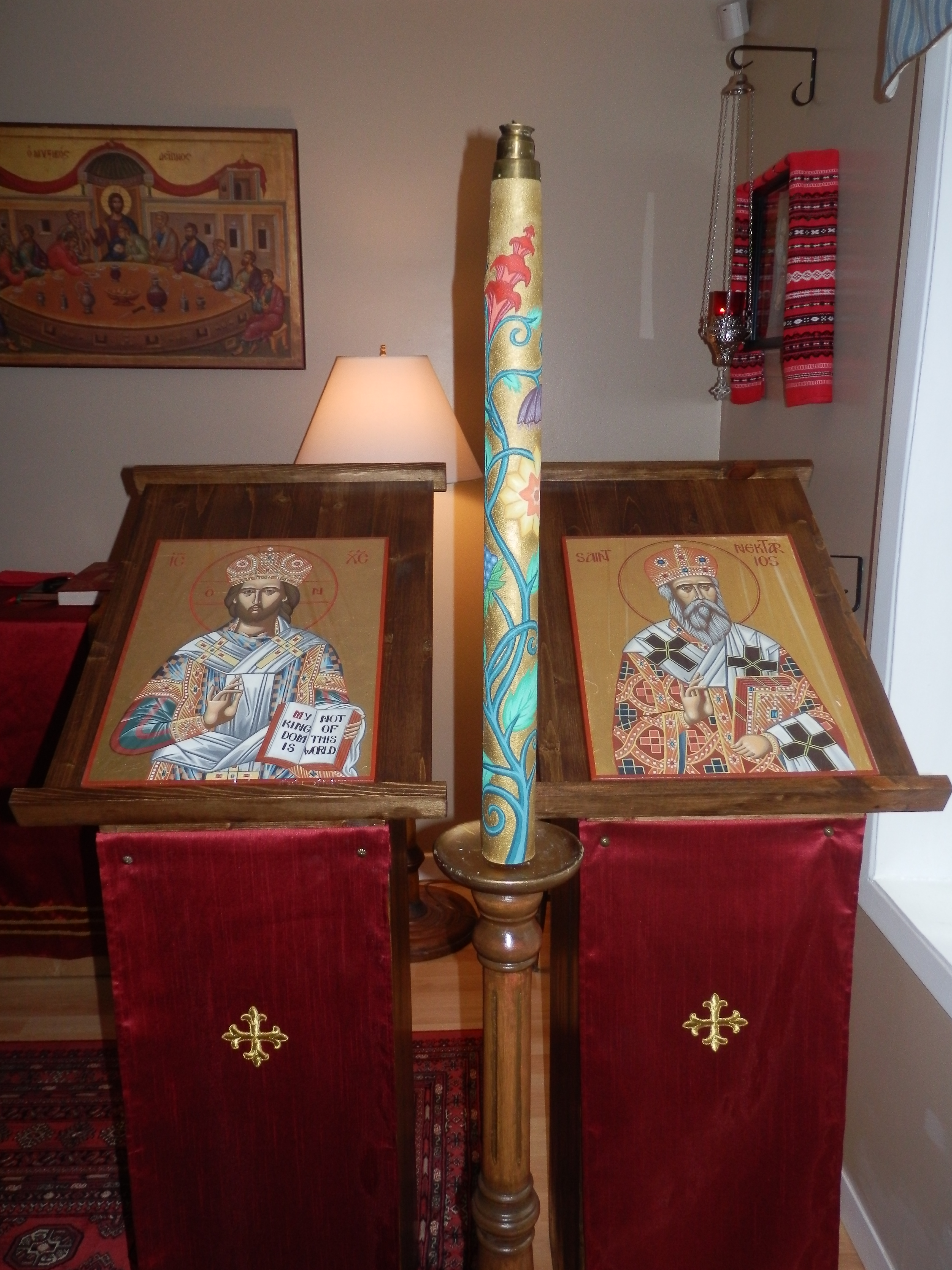

 We should strive to obey our bosses, our managers, our co-workers with a happy heart. It’s not always easy, however, being obedient is made easier if we look at our boss as a microcosm of Christ, our manager as a microcosm of Christ, regardless of how he or she lives. It doesn’t matter how they live. For this relationship that we have with them is an opportunity for us to serve Christ through serving them, to submit or “cut off” our will (as Blessed Elder Joseph the Hesychast often taught).
We should strive to obey our bosses, our managers, our co-workers with a happy heart. It’s not always easy, however, being obedient is made easier if we look at our boss as a microcosm of Christ, our manager as a microcosm of Christ, regardless of how he or she lives. It doesn’t matter how they live. For this relationship that we have with them is an opportunity for us to serve Christ through serving them, to submit or “cut off” our will (as Blessed Elder Joseph the Hesychast often taught).




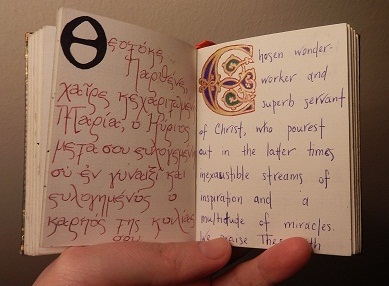



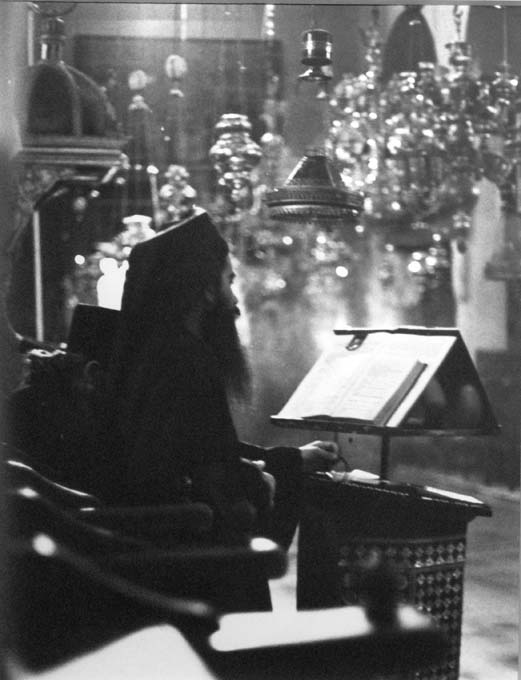

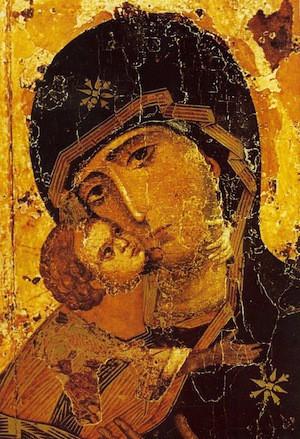
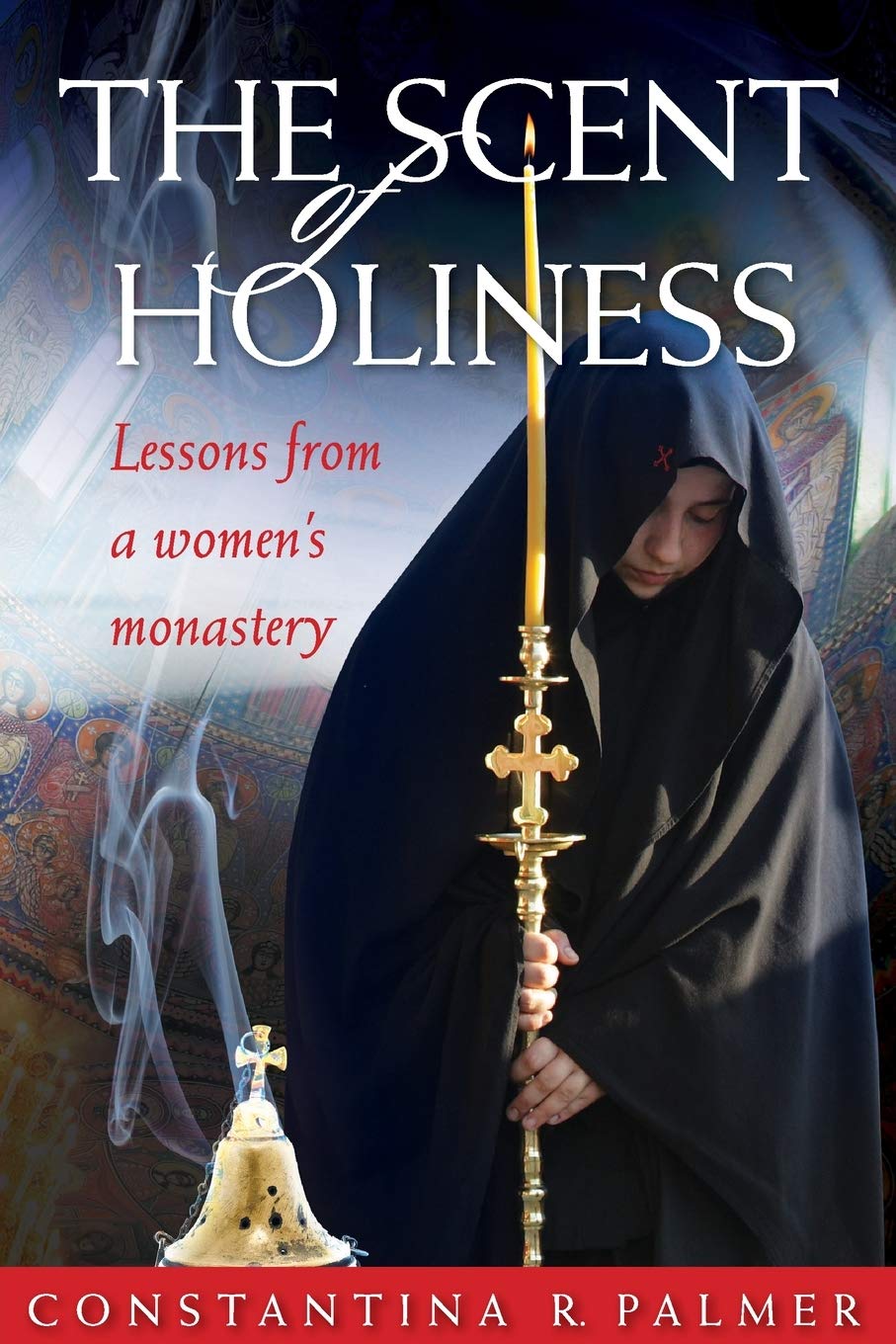





You must be logged in to post a comment.